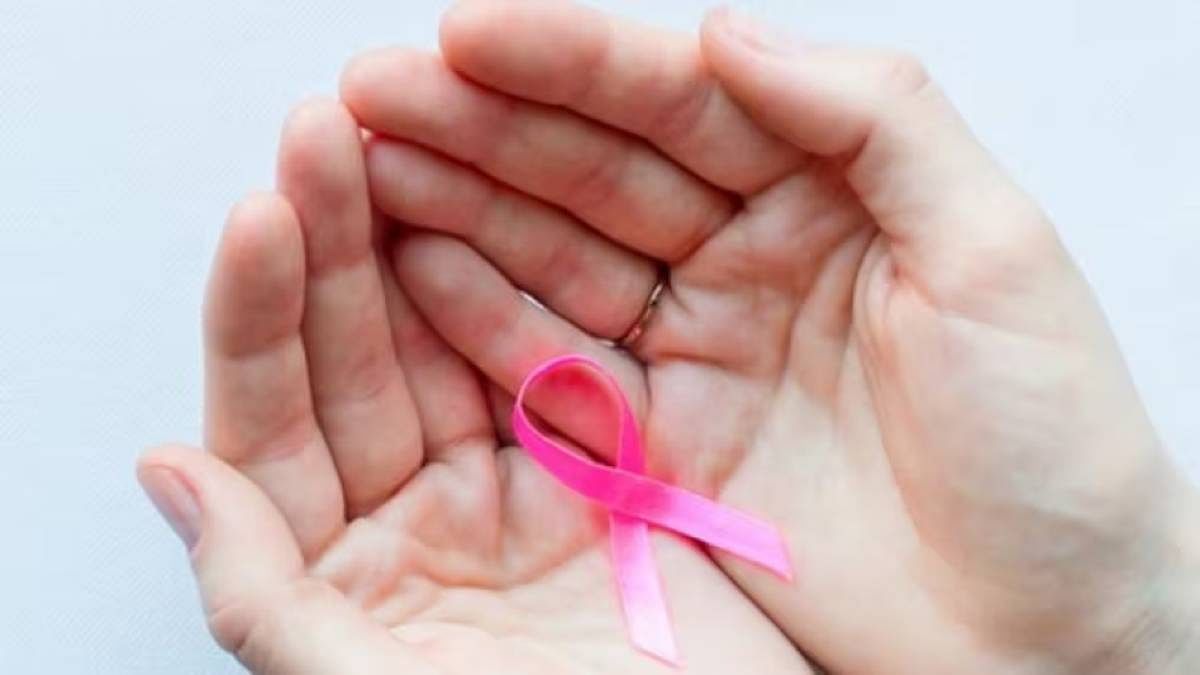New Delhi: The Kerala High Court has ordered the Union health ministry to furnish, before 22 November, the “best alternative” for making affordable breast cancer medication available to patients struggling to access life-saving drugs in India.
The directive, seen by ThePrint, comes in the case of a first-of-its-kind petition filed by a now-deceased breast cancer patient who sought judicial intervention to nudge the government to help lower the price of Ribociclib, a critical anti-cancer drug.
The petitioner, a retired bank employee, was diagnosed with HER2-negative or Luminal A breast cancer, in July 2021. She moved court in 2022.
She had approached the court seeking government action to issue a compulsory licence for Ribociclib, a drug developed and marketed by Swiss-American multinational company Novartis Pharmaceuticals.
A compulsory licence is an authorisation under the Indian Patents Act of 1970 that allows generic drugmakers to produce a medicine, introduce competition and lower costs.
The petitioner died during the course of the case but the case continued.
Ribociclib is marketed under the brand name Kryxana in India and costs nearly Rs 70,000 a month. The drug is among three prescribed for late-stage Luminal A breast cancer.
One other drug, Abemaciclib, by American pharmaceutical major Eli Lilly and Company, indicated for the condition, is also under patent and costs about Rs 95,000 per month.
A third drug to treat the disease, Palbociclib by Pfizer, went off patent in India earlier this year and its generic versions are now available at a cost of about Rs 4,000 a month.
“No doubt, in a perfect world, every patient must be able to access the medicines within their means, but unfortunately, this is not so in the real world,” the court said in its directive issued on 2 November.
“The disparity in the purchasing capacity of patients is so wide in our country that many of them may be unable to do so, without sufficient support from the government or such other agencies,” it added.
The court said that at this stage, it was not directing the central government to issue compulsory licences for the specified drugs as “it is well known that the government normally engages itself under its ambit only in certain specified circumstances and in medical emergencies”.
In response to a query by ThePrint, Union health secretary Sudhansh Pant said the ministry would file its response in court as directed.
Also Read: Amid FTA talks, top pharma firms urge govt not to amend patents law, warn of impact on cheap meds
Growing breast cancer burden
According to the National Cancer Registry Programme maintained by the Indian Council of Medical Research (ICMR), almost 2 lakh breast cancer cases are detected in India every year, and while one in every 22 women develops the disease, half of those who get it die. The cancer data was shared with ThePrint by the ICMR.
Breast cancer, which is now the leading cause of cancer deaths among women in India, is divided into three subtypes depending on whether the tumour is driven through the estrogen receptor (ER+), the HER2 negative receptor or neither (triple negative). HER2 negative or Luminal A type breast cancers are considered particularly aggressive.
Dr Amit Rauthan, head of department and consultant in medical and haemato oncology with Manipal Hospital in Bengaluru, pointed out that the incidence of breast cancer in India is on the rise, with a noticeable increase in the number of individuals affected by it in the last few years.
Access to life-saving cancer drugs major challenge
Cancer treatment has often been linked with catastrophic healthcare expenditure in India, with not only prohibitively-expensive patented drugs but even cheaper generic drugs being out of reach for the majority of cancer patients
A study published last year, for instance, noted that most high-priority cancer medicines identified by Indian oncologists were generic chemotherapy agents. “But access to even these treatments remains limited by major financial burdens experienced by patients,” it said.
Dr Rauthan pointed out that breast cancer can be treated with various advanced therapies, including targeted therapies, biological therapies, immunotherapies, newer hormonal therapies, and drugs like antibody-drug conjugates.
“Many of these therapies have been able to significantly improve the survival of breast cancer patients,” he said. “Unfortunately, they are often very expensive, making them inaccessible to many patients in India.
To make a substantial difference in breast cancer treatment and achieve a level of breast cancer patient survival similar to that in the west, the cost of life-saving therapies and accessibility must be improved, Dr Rauthan said. “Only then can all breast cancer patients in India receive the level of care they deserve.”
Dr Meghal Sanghavi, surgical oncologist with Wockhardt Hospitals in Mumbai, too said that access, along with affordability, remained a significant concern for the majority of breast cancer patients in India.
But companies made party in the Ribociclib case, Novartis and Eli Lilly and Company, in September this year, had vehemently opposed compulsory licensing of their drugs, arguing that their sales were high in India despite the current prices.
(Edited by Nida Fatima Siddiqui)
Also Read: Inside India’s shadow pharma industry — dingy drug units, cash payments, poor inspection

